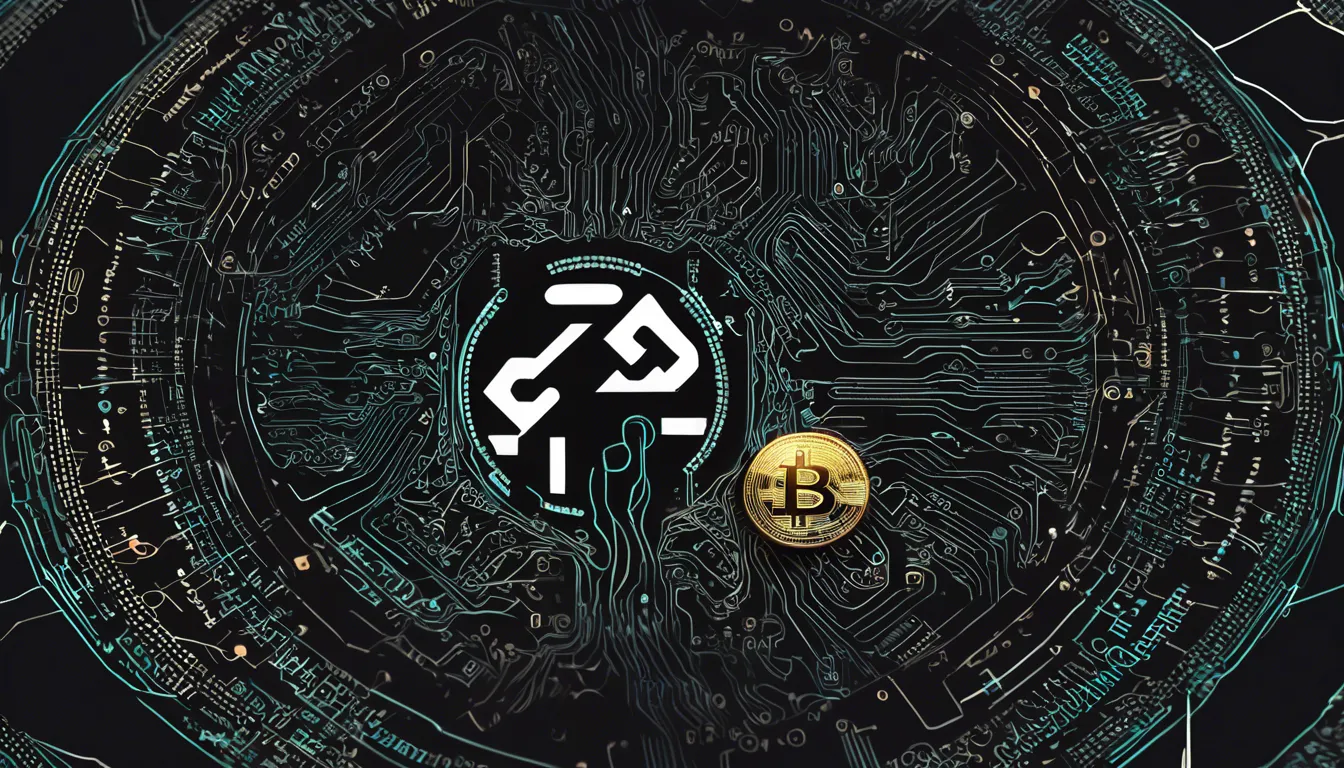As the cryptocurrency market continues to evolve and expand, Ethereum remains a prominent player in the space. Ethereum, often referred to as the “world computer,” is a decentralized platform that enables developers to build and deploy smart contracts and decentralized applications (DApps). But what sets Ethereum apart from other cryptocurrencies is its ability to execute complex programs known as smart contracts. These self-executing contracts are capable of automatically enforcing the terms of an agreement without the need for intermediaries, making transactions more secure and efficient.
One of the key features of Ethereum is its native cryptocurrency, Ether (ETH), which is used to power the network and pay for transaction fees. Ethereum’s innovative technology, combined with its robust developer community and widespread adoption, has positioned it as one of the leading blockchain platforms in the industry. The potential applications for Ethereum and its underlying technology are vast, ranging from decentralized finance (DeFi) and non-fungible tokens (NFTs) to supply chain management and identity verification.
Looking ahead, the future of Ethereum holds exciting possibilities. With the upcoming transition to Ethereum 2.0, which aims to improve scalability and energy efficiency through a transition to a proof-of-stake consensus mechanism, the network is poised to become even more versatile and sustainable. As the crypto community continues to explore the potential of Ethereum and its ecosystem, the future looks bright for this pioneering blockchain platform.

 Unveiling the Future The Impact of Bitcoin on Technology
Unveiling the Future The Impact of Bitcoin on Technology